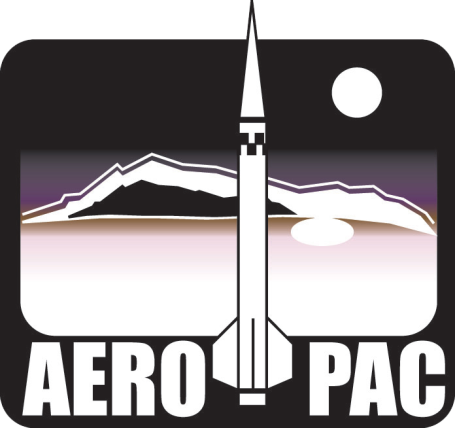
Founded 1989 by Bill Lewis, the Association of Experimental Rocketry of the Pacific (AERO-PAC) is currently the Northern California and Northern Nevada prefecture of the Tripoli Rocketry Association. However, AERO-PAC predates its involvement with Tripoli and has roots in the earliest times of high-power rocketry.
AeroPAC has a long history and hold our launches in the best place for rockets. We welcome all Tripoli and N.A.R. members to our launches. If you haven't been to the Black Rock Desert, you really owe it to yourself to see this spectacular natural wonder, the largest flat piece of land on earth, and bring your rockets!
We hold four launches on three weekends a year. Mudroc, Aeronaut, XPRS and ARLISS. Traditionally, XPRS and ARLISS launches are held in the same week. All launches operate under Tripoli launch rules. NAR HP fliers are welcome to fly at our launches as well. See our launch schedule for this year's dates.
Association of Experimental Rocketry of the Pacific
We need your consent to load the translations
We use a third-party service to translate the website content that may collect data about your activity. Please review the details and accept the service to view the translations.



